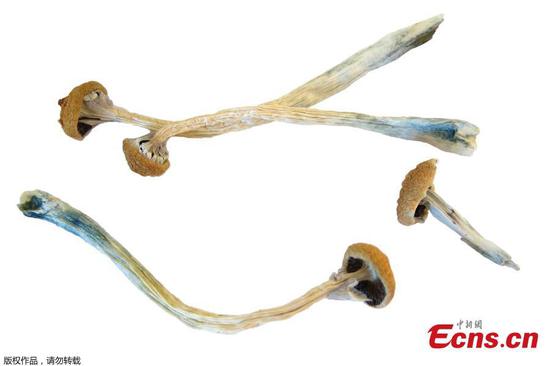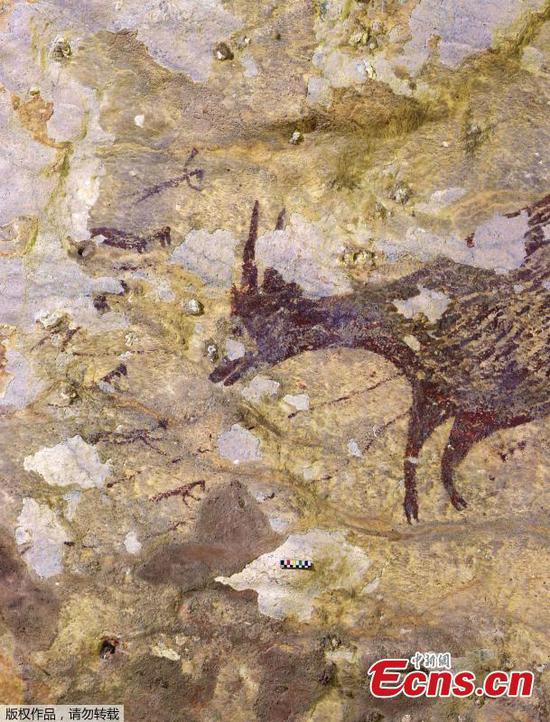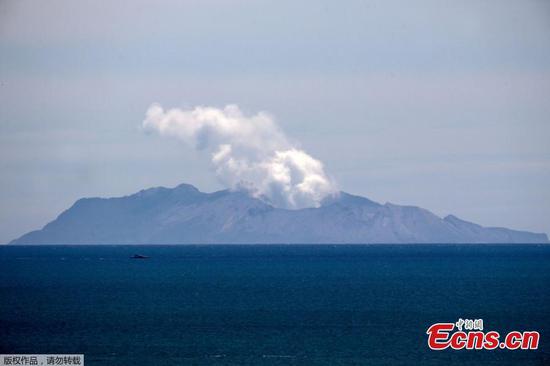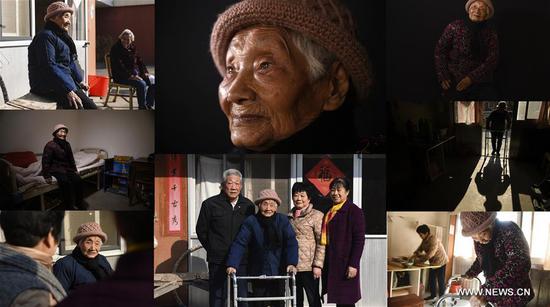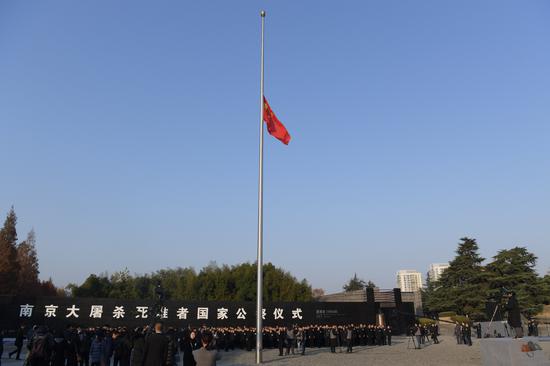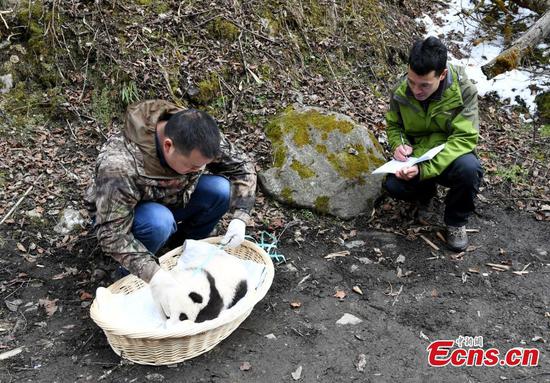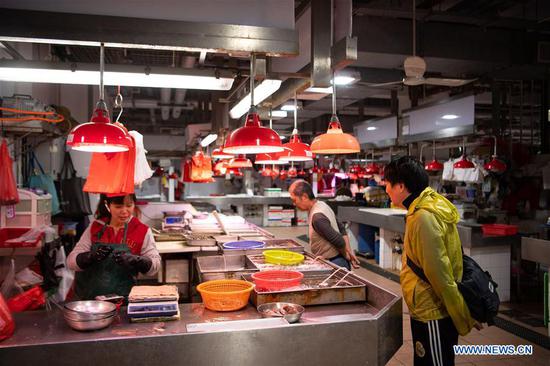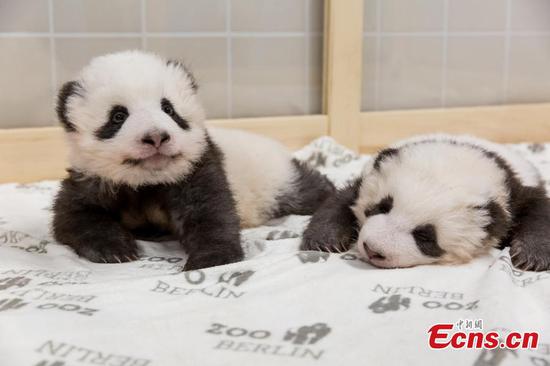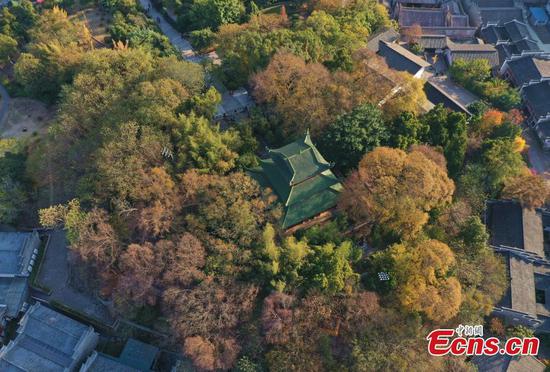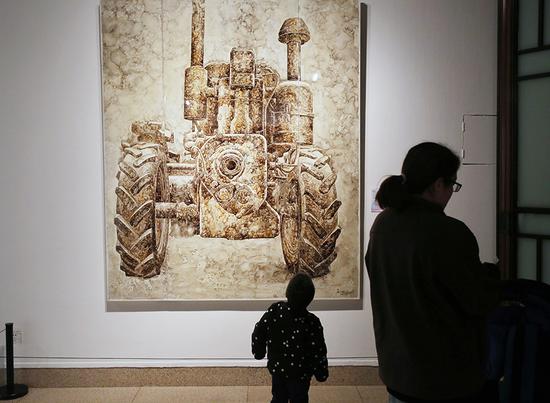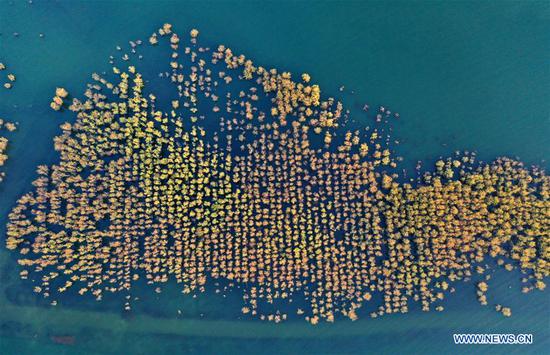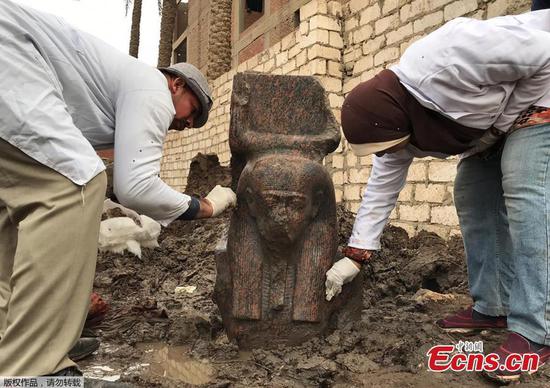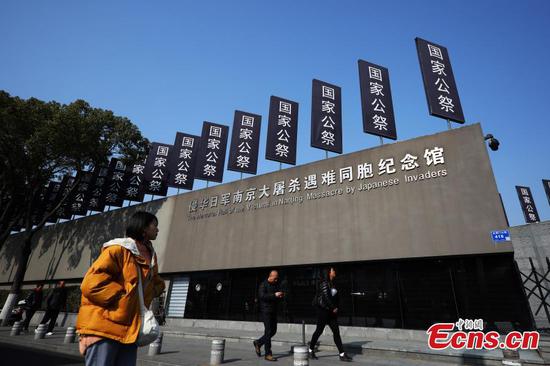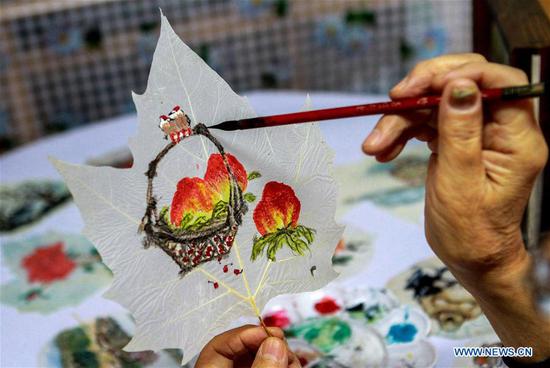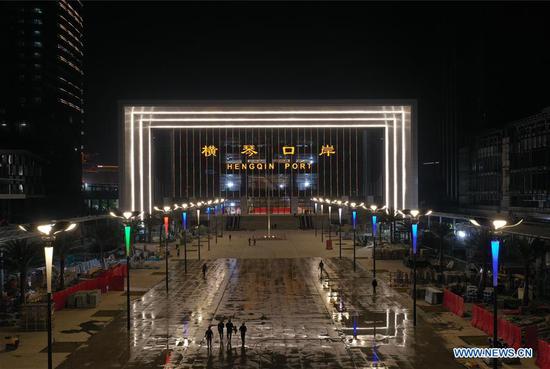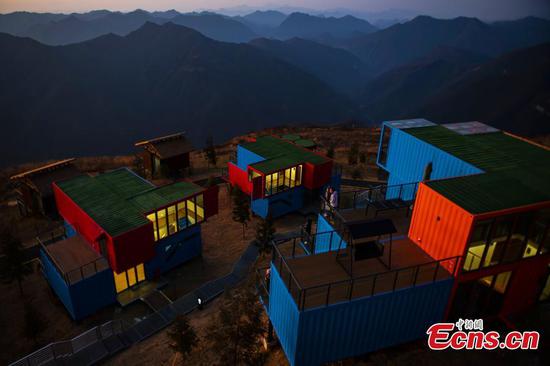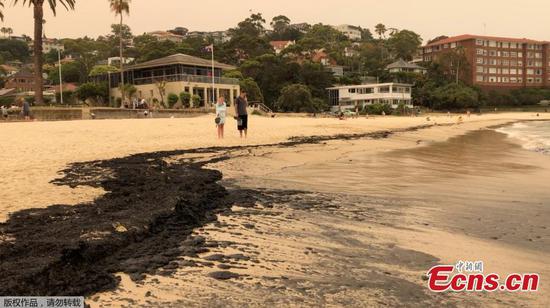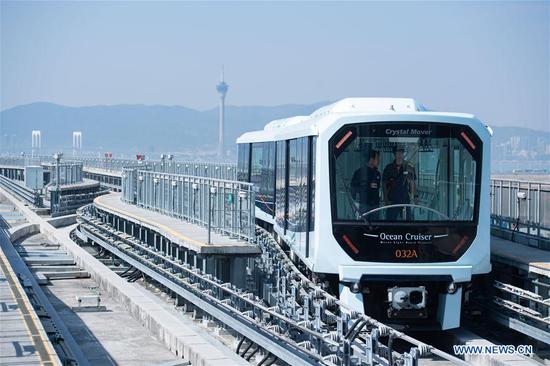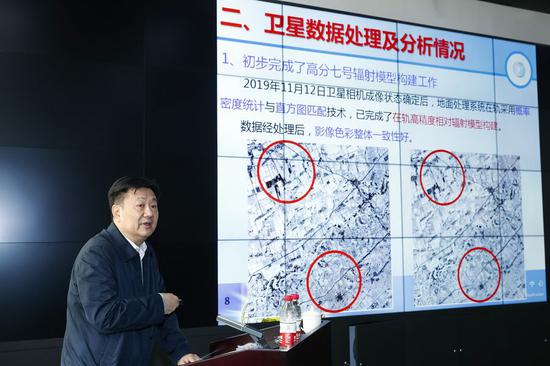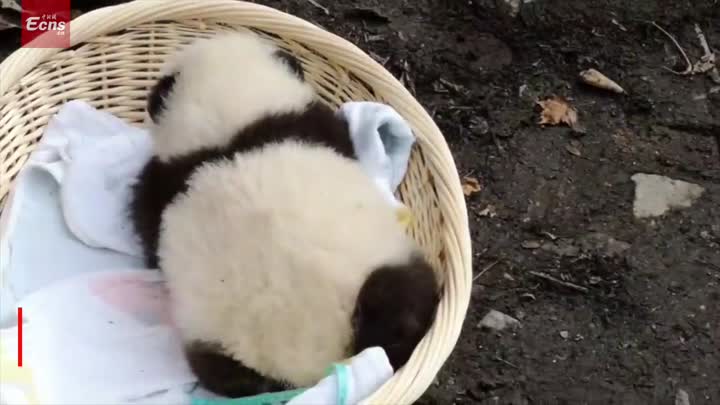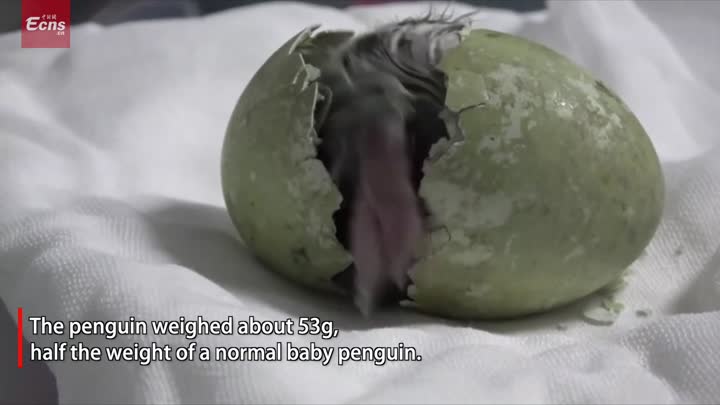
The China-Central and Eastern European Countries (CEECs) High-level Fintech Forum was held in Vilnius on Wednesday, Nov 27, 2019. [Photo/Xinhua]
The "17+1" platform will not only promote pragmatic trade cooperation between China and Central and Eastern European Countries (CEEC), but will also help narrow the development gap inside the European Union, a Chinese scholar said on Saturday.
The cooperation between China and CEEC is also conducive to the interconnectivity in the region so as to push forward the integration of Europe, said Qi Zhenhong, president of the China Institute of International Studies.
Qi made the remarks at the first plenary conference of Global Partnership Center of Central and Eastern European Countries and China, which brought together more than 80 representatives, including diplomats, experts and entrepreneurs.
The center is an important outcome from last year's China-CEEC leaders' meeting in Sofia, the capital of Bulgaria. It is also an innovation initiative within the China-CEEC cooperation framework.
As a non-governmental and non-profit think tank and advisory body, it is designed to provide policy and legal consultation, as well as intellectual support to bolster trade and investment cooperation between enterprises of the two sides, and further deepen the China-CEEC cooperation.
Cooperation between China and CEEC, which mainly focuses on trade, is an important part of China-EU cooperation, Qi said.
Europe has long been the largest trade partner, major investment and technology resource of China, and China has long been the second-largest trade partner of the Continent, according to him.
Sino-EU cooperation plays a crucial role in upholding multilateralism as well as free and open economy, he said, adding that cooperation is also conducive to the global stability and certainty.
On the basis of reciprocity and non-discrimination, the center will help Chinese enterprises successfully positioned in the single European market as well as providing opportunities for companies from CEEC to explore the broad Chinese market, said Mariana Malinova Tian, secretary-general of GPC Secretariat in Sofia.
Through the center, the Bulgarian government together with the Chinese side hopes to send a strong message that they want effective and practical cooperation for more rapid and more mature projects development in the "17 1" format, Deputy Head of the Bulgarian Embassy to China Vladislav Spasov said.









